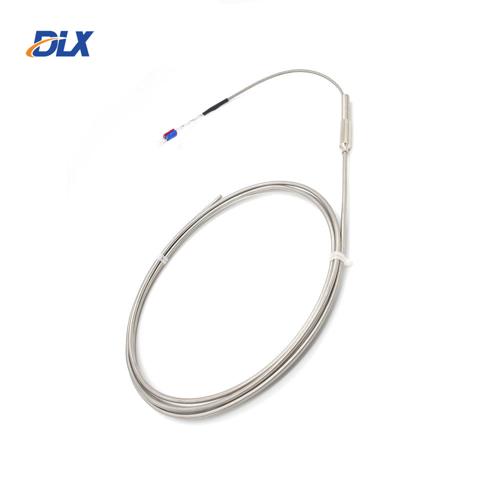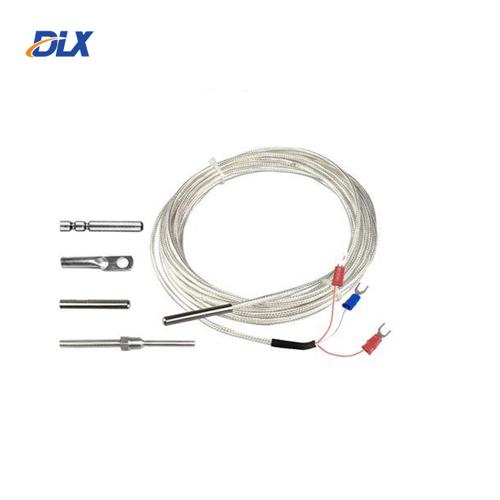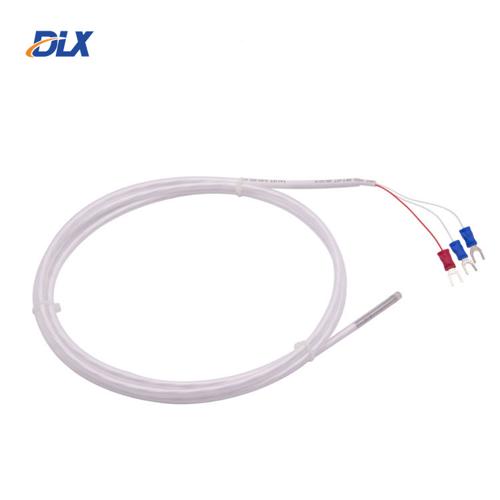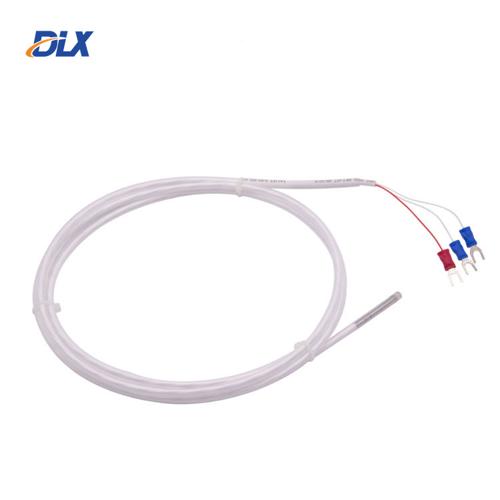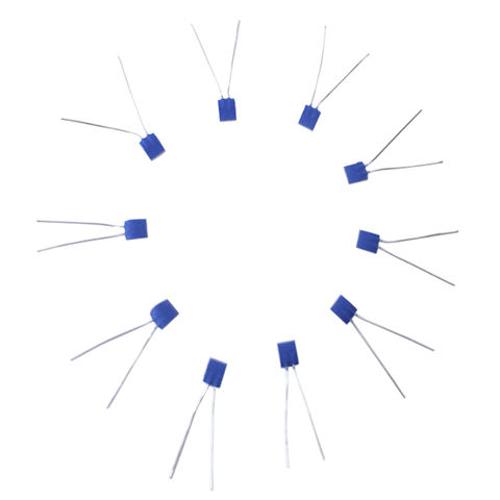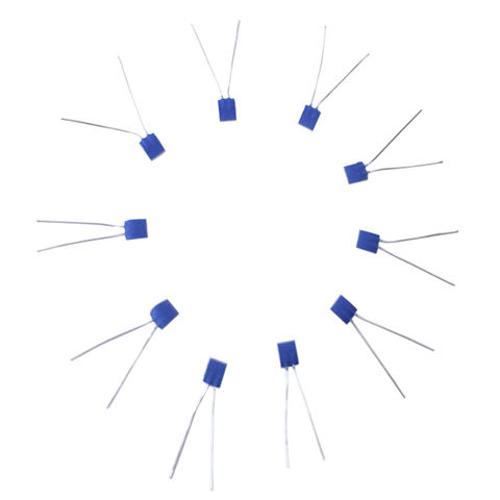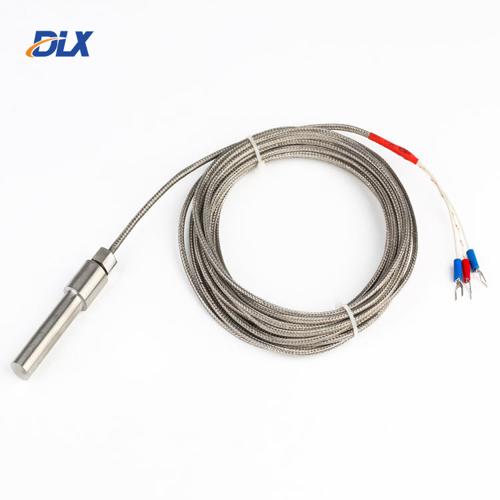thermocouple sensor
A thermocouple sensor is a temperature sensor that converts the temperature of the object being measured into an electrical output. It usually consists of a thermocouple electrode formed by joining two different metals together, a protective jacket and a terminal block. The operating principle of a thermocouple sensor is based on the thermoelectric effect, i.e. when there is a temperature difference between two different conductors or semiconductors connected together, a thermoelectric potential is generated which can be measured and converted into a temperature value. Thermocouple sensors have the advantages of simple structure, convenient manufacture, wide measuring range, high accuracy, small inertia and output signal for remote transmission, etc., so they are widely used in Industrial automation, aerospace, metallurgy and other fields of temperature measurement.
Thermocouple sensors can be divided into two categories: standard thermocouples and non-standard thermocouples. Standard thermocouple refers to the national standard stipulates the relationship between its thermal potential and temperature, allowable error, and a unified standard scale, it has its supporting display instrumentation available. Non-standardized thermocouple in the use of the scope or order of magnitude are less than the standardized thermocouple, generally there is no uniform scale, mainly for some special occasions of measurement

